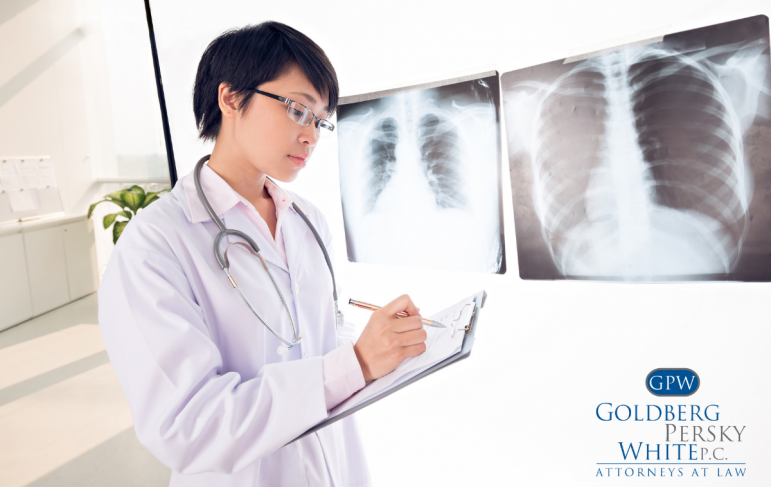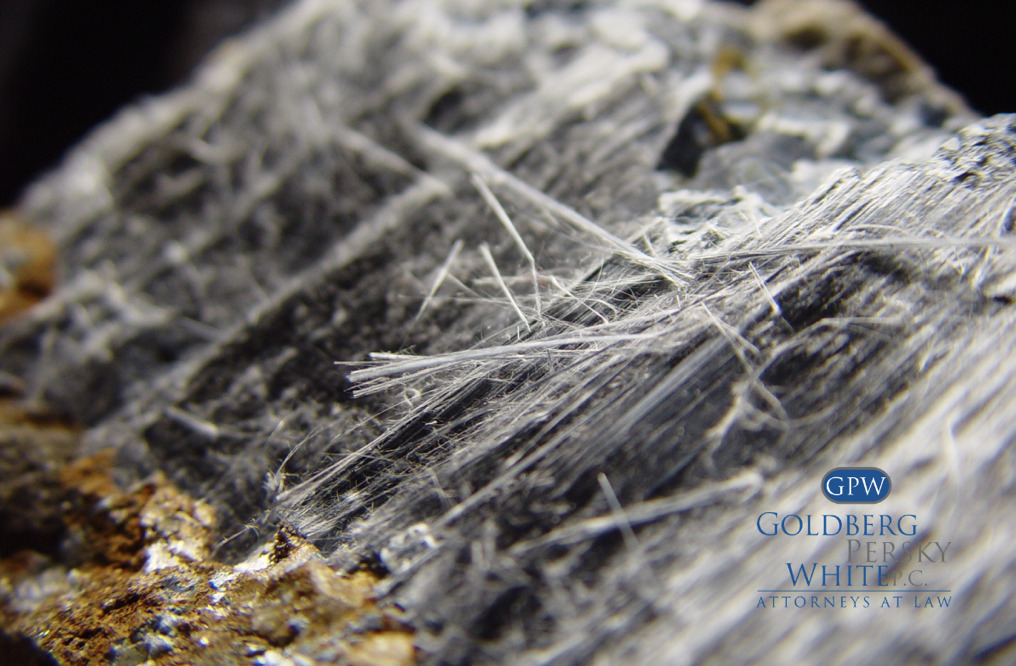National Cancer Prevention Month 2023
February is National Cancer Prevention Month. Living a healthy lifestyle is one of the best ways to prevent cancer, the leading cause of death worldwide. According to the World Health Organization, around 30 to 50 percent of cancer cases are preventable. Around one third of cancer deaths are from tobacco, high body mass index, alcohol consumption, low fruit and vegetable consumption, and physical inactivity. Infections like human papillomavirus and hepatitis also cause around 30 percent of cancer cases in low- and middle-income countries. Early detection is also crucial when dealing with cancer prevention. Multiple cancers have a higher chance of being cured when caught early and treated properly.
One of the major ways to prevent certain types of cancer is to avoid tobacco. It is the largest avoidable risk factor worldwide for cancer mortality. It kills more than 8 million people every year from either cancer or other illnesses. There are 7,000 chemicals in tobacco smoke, with 69 being known carcinogens. Cigarette smoke causes lung, mouth, throat, voice box, pancreas, bladder, cervix, and kidney cancers. Secondhand smoke is also a risk for causing lung cancer in non-smokers. Chewing tobacco is also a risk factor and can cause mouth, throat, and pancreas cancers.
Another key way to prevent cancer is to eat a healthy diet and be physically active. Eating plenty of fruits and vegetables and staying away from high calorie and refined sugar filled foods is the best course of action to reduce cancer risk. It is also recommended to avoid animal fats. Alcohol can also cause cancer. Drinking in moderation or not drinking at all is the best way to reduce the risk of alcohol caused cancers like breast, colon, lung, kidney, and liver cancers. The more that people drink, the higher the likelihood of someone developing cancer. Processed meats also are a risk for cancer, so avoiding them can lower someone’s overall risk. A healthy weight can lower the risk of breast, prostate, lung, colon, and kidney cancer. Physical activity can help reduce the risk of breast and colon cancer. Physical activity includes 150 minutes per week of moderate aerobic activity or 75 minutes of hard aerobic activity per week.
To prevent skin cancer, one of the most preventable cancers, you need to protect yourself from the sun. Avoiding the midday sun, staying in the shade, covering skin, using sunscreen, and avoiding tanning beds and sun lamps are all great steps to preventing skin cancer.
Protecting yourself from viral infections can also help you reduce your risk of certain cancers. It is best to be vaccinated against hepatitis B to reduce the risk of liver cancer and human papillomavirus to reduce the risk of cervical cancer and other genital cancers as well as head and neck squamous cell cancers. Avoiding risky behaviors can also be helpful. Practicing safe sex by limiting sexual partners and using condoms can prevent sexually transmitted infections like HIV and HPV. HIV and AIDS patients are more at risk of developing anus, lung, and liver cancers. HPV can lead to cervical, anus, penis, throat, vulva, and vaginal cancers.
Another way to prevent cancer is to reduce exposure to toxic chemicals and hazardous substances like asbestos, benzene, trichloroethylene, and tetrachloroethylene. Exposure to asbestos can lead to mesothelioma, lung cancer, colon cancer, and throat cancer. Asbestos is a mineral used for its heat and fire-resistant abilities. It was used in construction, cement, insulation, gaskets, textiles, and duct connectors, etc. Many steel workers and chemical plant workers were exposed because it was used as insulation to protect workers from fire and heat. If you work somewhere and think asbestos is present, report it to regulators like OSHA (Occupational Safety and Health Administration). Avoiding benzene can also help reduce the risk of cancer. Benzene is a naturally occurring chemical that can be found in crude oil and gasoline. It is used as an industrial solvent and people who worked in oil refineries, chemical plants, oil and gas wells, and steel mills could all be exposed. Benzene can cause acute myeloid leukemia, multiple myeloma, and non-Hodgkin lymphoma.
Preventing cancer from spreading is also important. Receiving medical care and doing self-exams can greatly improve the likelihood of surviving if you develop cancer. Skin, colon, cervix, and breast cancers are more treatable and are more likely to be cured when caught early, so speak with a doctor to find the best checkup schedule for you.
If you were diagnosed with cancer like mesothelioma, lung cancer, or acute myeloid leukemia and suspect you were exposed to a toxic substance like asbestos or benzene, contact us today to see if you could be entitled to compensation. Call 412-471-3980 or fill out our contact form and a member of our team will get back to you as soon as possible to review your case.




